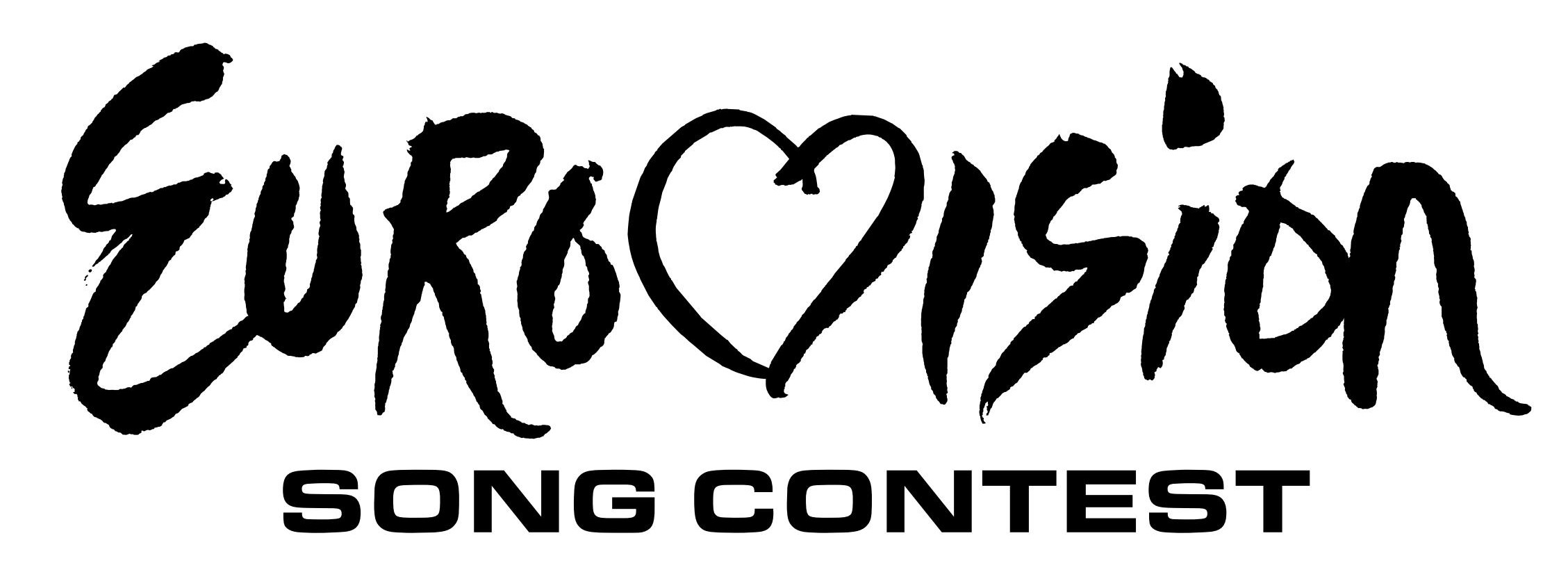
It’s finally that time of year again – EUROVISION. ‘Eurovision Week’ will be getting well and truly under-way tonight with the first of the semi-finals.
The second semi-final will take place on Thursday 16th and the final on Saturday 18th.
To get in the spirit, I’ve put together a list of the most important Eurovision entries since 2000.
Enjoy!
1. Molitva – Maria Serfovic
Serbia, 2007
This winning Eurovision entry was important for a number of reasons. Firstly, it was the first non-English language entry to win since 1998, and the first since the rule stating entries must be in a national language was abolished (again) in 1999. This entry marked also the first time Serbia had competed as an independent country, and not as part of Yugoslavia or Serbia and Montenegro, and it received the maximum 12 points from all former Yugoslav countries. Pretty significant considering the events of the Yugoslavia wars.
It’s also a lovely little ballad.
2. Euphoria – Loreen
Sweden, 2012
Last year’s winning entry was remarkable for being the most successful Eurovision entry in over a decade – the single reached number one in Austria, Belgium, Denmark, Estonia, Finland, Germany, Greece, Hungary, Iceland, Ireland, Luxembourg, Poland, Norway, Russia, Slovakia, Switzerland, and of course – Sweden. Loreen even got to number 3 in the UK charts.
3. Party for Everybody – Buranovskiye Babushki
Russia, 2012
Six Russian babushkas enter a huge international singing competition to raise money for the rebuilding of their local church which was demolished by Stalin.
It would take a LOT to beat this back-story.
4. Haba haba – Stella Mwangi
Norway, 2011
Though it didn’t make it to the final, this entry was the first in Eurovision’s history to feature an African language, being partly sung in Swahili.
5. We Don’t Wanna Put In – Stefane & 3G
Georgia, (2009)
Georgia withdrew from Eurovision in 2009 after their entry ‘We don’t wanna put in’ was banned. With lyrics that sound suspiciously like ‘We don’t want Putin… I’mma try to shoot him’ and a video showing a group of stereotypical Russians being badly received in a 70s dinner, it’s not hard to see why. The 2009 competition was just a year after the Russo-Georgian conflict and held in Moscow. Eurovision banned the entry, insisting it was an apolitical event.
It’s shame because it’s a pretty catchy tune.
6. Run Away – SunStroke Project and Olia Tira
Moldova, 2010
This entry gained international fame for a brief period when the gyrating sax player (known as ‘epic sax guy’) went viral with his own meme a year or so ago. This song features on my gym playlist and I genuinely don’t understand how it only managed 22nd place. A true Eurovision classic.
Don’t miss the intense eye contact from the violinist at the start. Eurovision gold.
7. Ne Ver, Ne Boyisa – t.a.t.u
Russia, 2003
Another controversial entry. This entry from t.A.T.u was the hot favourite to win, but ended up coming third, behind Turkey and Belgium – all of whom finished within three points of each other. Shortly afterwards, Russia accused the UK and Ireland (the only countries not to vote for Russia) of cheating. The BBC even produced full voting results to prove its innocence.
8. Hard Rock Hallelujah – Lordi
Finland, 2006
Heavy metal. In Eurovision.
9. Lasha Tumbai – Verka Serduchka
Ukraine, 2007
Definitely one of my favourite songs (possibly ever), this entry from Ukraine caused a bit of a stir due to its chorus sounding suspiciously like ‘I want to see Russia goodbye‘. The artist insisted ‘lasha tumbai’ was a Mongolian delicassy, though this was disproved.
Anti-Russia or not, this entry is pure unadulterated Eurovision at its finest.
10. Cry Baby – Jemini
United Kingdom, 2003
The infamous ‘nil points‘: this entry marked a massive turning point for the UK in Eurovision, and more importantly, really upset Terry Wogan. We’ve done badly almost every year since, though this has obviously not been helped by the fact we’ve sent consistently horrendous acts year on year.
Let’s hope Bonnie does better for us this year.
What’s been the most memorable Eurovision entry for you?
Don’t forget to check out how Eurovision changed the world.


0 Comments